Rajshahi, May 10 (V7N)- While India has halted its potato and onion exports to Bangladesh, the country's increased domestic production offers a significant buffer, according to a report from Rajshahi. The West Bengal state government in India has also announced it will cease supplying its potatoes and onions to Bangladesh.
Despite the usual annual concerns about potato and onion shortages, this season has seen an abundance of both commodities in Bangladesh. Potatoes are currently selling for a mere Tk 10 to Tk 15, and onions are priced between Tk 30 and Tk 45. This is primarily attributed to the substantial increase in potato and onion cultivation across the country this time.
Analysts note that onion is a vital cash crop, now cultivated extensively in most countries. Its widespread adoption in Bangladesh is due to its size, shape, taste, aroma, nutritional value, ease of transportation, and storage capabilities. While Bangladesh experienced a significant onion crisis two years ago, this year, onion seedling production has surged to 100-120 maunds per bigha, and onion bulb production has reached 70-80 maunds per bigha. Furthermore, the increased supply of summer onion seeds through all upazila agriculture departments has boosted overall onion production, effectively eliminating the shortage. Consumers have noted that onions are currently affordable and easily accessible in the market.
Conversely, potato farmers are facing potential losses due to the bumper production. They believe that if cold storage owners had not increased storage prices, they might have avoided these losses. If a portion of the domestically produced potatoes had been stored, the potato market could have stabilized. Currently, potatoes are being sold nationwide for Tk 10 to Tk 15, benefiting buyers but impacting farmers' profitability. However, the Agriculture Department has expressed confidence that this issue will be resolved.
The Upazila Agriculture Department reported that in Bagha Upazila, the targeted area for onion cultivation this year was around 6,000 hectares, but cultivation exceeded this to 7,000 hectares. Notably, over half of this cultivation occurred in the remote Padma River char (riverine land) areas of the upazila. Consequently, many char residents are achieving self-sufficiency through early onion cultivation.
Char area farmers Bablu Dewan and Akshen Sikder explained that last year's delayed floodwaters prevented extensive onion cultivation due to unsuitable land. This year, favorable weather and soil conditions have encouraged many char farmers to cultivate both onions and potatoes. While they are currently experiencing losses with potatoes, they are compensating with the profitable onion yields.
Bagha Upazila Agriculture Officer Shafiullah Sultan stated that the government's efforts to achieve self-sufficiency in onion production have set a target of approximately seven thousand metric tons for the upazila. He noted that char areas contribute more to this production than the plains. He affirmed ongoing efforts to meet this target, resulting in onion prices remaining accessible to the general public. He also predicted a future increase in potato prices, which would benefit both buyers and sellers.
Agricultural researcher Hamidur Rahman commented on the unexpected halt in Indian onion exports due to their internal crisis, a situation that previously caused significant challenges for Bangladesh. He emphasized that the increased domestic production of both summer onions and potatoes has positioned Bangladesh strongly in the agricultural sector, suggesting near self-sufficiency. He commended the agricultural officers and farmers nationwide for this achievement.
END/RAR/RH/



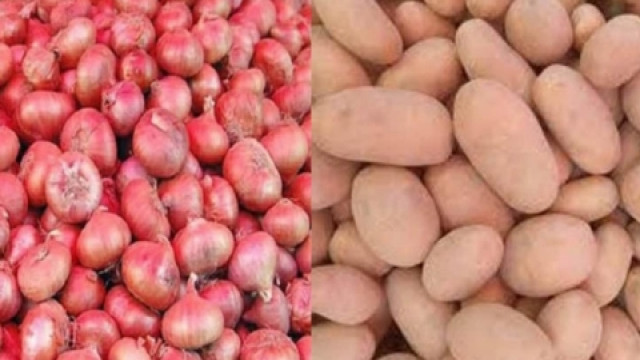
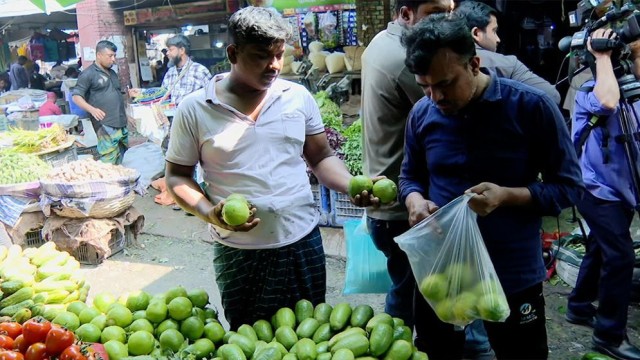

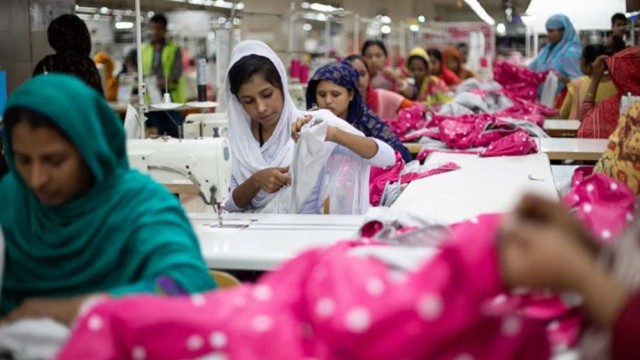
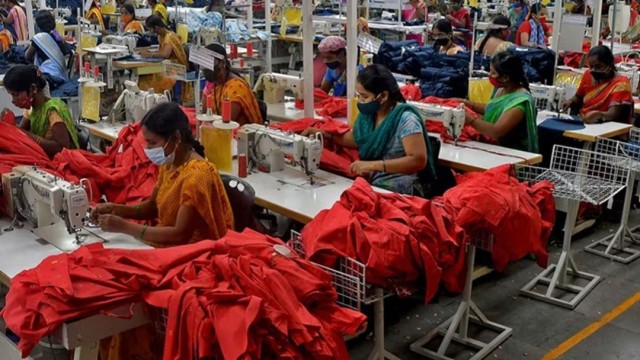



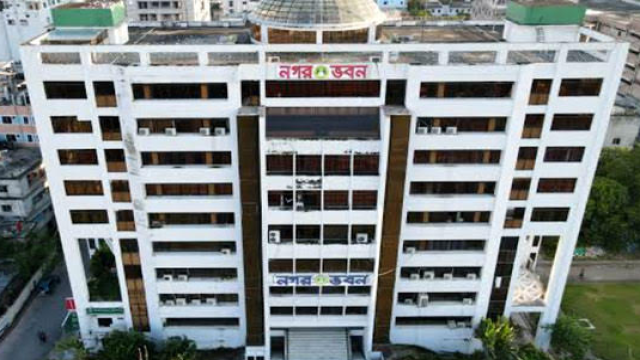


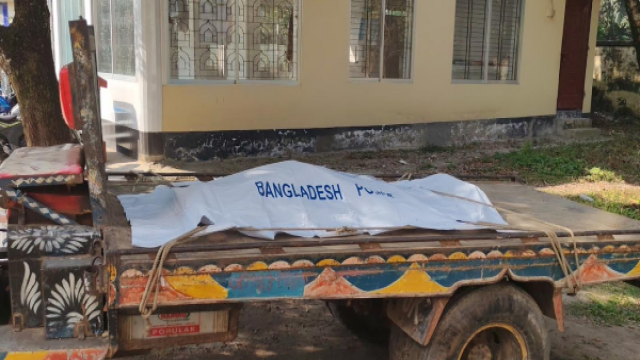
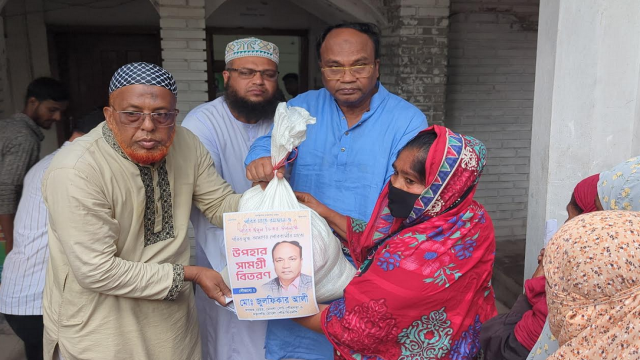















Comment: